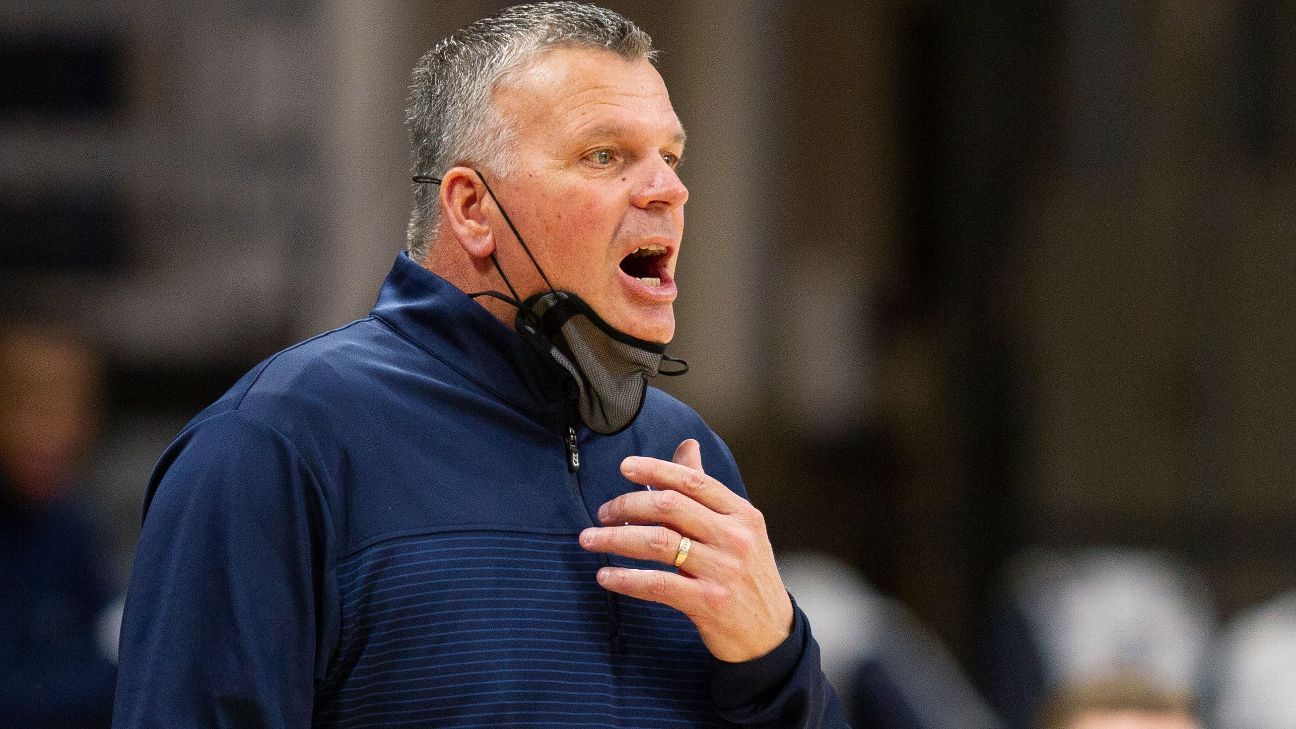Race Matters: Black Families Raising White Kids
When I was 14, my parents announced that I was getting a little brother or sister, and my first thought was: gross! Much to my teenage relief, they explained that this baby wasn’t coming the old-fashioned way, but instead...



When I was 14, my parents announced that I was getting a little brother or sister, and my first thought was: gross! Much to my teenage relief, they explained that this baby wasn’t coming the old-fashioned way, but instead would show up at our door in the hands of a social worker. I was a few years from leaving for college, so my parents had decided to open their home to children in need by becoming foster parents.
After an odyssey of home visits and trainings and being fingerprinted for background checks (the first time I’d ever been in a police station), four-month-old Baby L. arrived at our house, quiet and watchful with chubby cheeks and a perfectly round afro.
My parents had initially signed up to do emergency foster care, which meant that they would foster a child for a short time until a more permanent placement could be found, but they decided to keep Baby L. as CPS explored possibilities of family reunification. A year later, T., a four-year-old who was split up from her five siblings, also came to live with us. Her stay, too, was meant to be temporary. But in the end, my parents legally adopted L. when I was in college, and T. lived with them most weekends, even after she was reunited with her birth mother, through adulthood.
My parents’ decision to become foster and adoptive parents changed our family forever. I experienced firsthand what a complicated, beautiful, meaningful, and heartrending endeavor foster care and adoption can be. It’s made me endlessly appreciative of the way we create family bonds, and fostered profound questions about the lasting effects of trauma, the power of genes and the idea of nature versus nurture. Inspired by these themes, I borrowed from the pages of my own life for my second novel, You Were Always Mine (coming out tomorrow), which centers around a Black woman finding and fostering an abandoned white baby.
We’re much more familiar with the reverse scenario, of course — white parents taking in Black and brown kids. And there’s been a lot of attention paid to the potential fault lines of that scenario, even in a Race Matters column. But flipping this scenario on its head — thinking about Black people raising white kids — offers another illuminating view into racial dynamics.
Take Keia Jones-Baldwin’s story.
Keia and her husband, Richardo, who are both Black, are foster parents in North Carolina. Keia has one child from a previous relationship, and she and Richardo took in her daughter’s friend, a Black teenager, whose family was struggling. She learned how deeply you could love a child that wasn’t biologically yours. Shortly thereafter, Keia heard a commercial about the desperate need for foster parents for more than 12,000 kids in the state, and the Baldwins decided to answer the call. They’ve had about 18 placements over the years, including two children whom they’ve since adopted.
One of them is a little boy named Princeton.
Keia got a call about fostering Princeton when he was three days old and in the NICU 45 minutes from her house. He needed skin-to-skin contact twice a day for 30 days. When deciding to become foster parents, the Baldwins didn’t “check any boxes” to select a particular age or race — they were open to any child. Yet, Keia was still surprised when she first saw the one-pound infant: “I just looked at him…for like a split second, you think, how am I gonna help a white baby out? I’m a Black woman… I’ve never had a white baby before. I don’t know if I’m going to be able to do this. And then it was like, ‘This is a baby, girl. Get it together. You’re a mom.’”
After 30 days, Princeton was ready to be discharged from the hospital and CPS asked if Keia and Richardo would become his foster parents. Before making the decision, Keia talked to her close extended family about the prospect of bringing a white child home. “I wanted my family to understand that if you have any ill feelings toward white people that you’re dealing with, let me know so I won’t bring this baby around you. I don’t want any bad vibes or bad feelings because this child is white. Living in the South, our family has had a lot of trauma at the hands of white people — we always heard stories over Christmas and Thanksgiving dinners — and so I wanted to make sure that there wasn’t going to be any type of negativity because of the baby.”
But the negativity didn’t come from her family, who were all supportive, but the outside world. And it was intense. Worse than the constant stares were the flat-out confrontations Keia and her husband experienced when they took the baby out in public. She was accused of kidnapping multiple times, and the police were called multiple times. All by white people questioning her right to be with her child.
“We’ve heard the stereotype of white women feeling scared of Black people but from my experience, no they’re not, they’re very emboldened. They feel very empowered to come up to people and say and do things. And then feel very offended when you call them out. They’re all, ‘Oh, I didn’t mean it that way.’ We’ve been harassed at least three dozen times, and it’s a white woman nearly every time.”
Like the woman who confronted Keia at IHOP for letting baby Princeton snuggle on her chest. The stranger loudly reprimanded Keia, yelling that it was completely inappropriate and would upset the baby’s “real mother.” Nowadays Keia makes sure never to leave the house without Princeton’s birth certificate and guardianship paperwork.
When Covid hit, Princeton was almost three and Keia was at a breaking point. She was all too happy to retreat indoors, but she knew she couldn’t hide her family away forever. They’d been on the path to adopt Princeton, and the choice was to put him back in the system or learn to deal with the vitriol — which wasn’t really a choice at all and something her compatriots didn’t have to deal with. In her foster care support group, Keia was the only Black woman and the only one raising a white child, while the half dozen others were white women raising Black kids. The other women shared their frustration that people on the playground would ask what countries their children were born in, but strangers mostly commended them for being so generous — which was the opposite of Keia’s experience. Even Black people sometimes made comments about why she didn’t adopt “one of our own,” as if she’d made a choice between bringing home Princeton versus a Black baby. Incidentally, it’s rarer for Black families to be involved in formal adoptions within the system as we’ve historically relied on an informal network of family connections to support kids in need.
Keia decided to channel her frustrations into educating people and started an Instagram platform, hoping for more visibility for parents like her, rare as they may be, and to find community. She’s found a handful of Black families raising white kids, most through kinship/family connections and one through egg donation, because of a shortage of Black egg donors.
Curious, I asked Keia how she felt about white people raising Black kids. She told me she hadn’t given much thought to it before becoming a foster parent, but now that she’s part of foster and adoption communities, including as a trainer, she’s heard “a lot of sad stories… these kids grew up seeing no other Black people, or parents who didn’t want to learn about how to properly do their hair, or telling them to just ignore Uncle Joe when he makes a racist comment. That type of behavior is very harmful to the child, on top of just the trauma of adoption itself.”
Conversely, she’s sensitive to the fact that Princeton could face similar struggles as the only white person in his family. “We have to be intentional about the things that we say, the things that we do. Princeton isn’t a minority in the world, but he’s a minority in our family. So, we have to make sure it feels inclusive and find places — like our church — where he won’t just be around all Black people. My older children are Black and biracial, so when I bought them books or dolls, they would be brown. We had no real interest in buying white dolls or books with white characters. But I have a white son now, so I have to think about that. He’s also going to be culturally Black, being raised in a Black household. People will say things about how he’s dressed, even now. I worry about people one day saying he’s appropriating Black culture, even though he was raised in it. We did have to fully ban the N-word from our house. My little nephews would use it around him, and I couldn’t risk Princeton picking it up.”
I found Keia’s story inspiring not just for her incredible dedication as a mother, but also because of how she hasn’t let the complications raised by race make her resentful or bitter. Instead, she focuses on a simple message: “You don’t have to look alike to love alike, and families don’t have to match.”
It’s that simple and that complicated at the same time. We can’t pretend race doesn’t matter in these situations — indeed, we see in this story and so many others what a profound impact race has on all our dynamics. My parents, for example, had their fair share of challenges as foster parents but raising kids who looked like them removed a significant complexity. However, we also have to hold space for grace and optimism, and Keia’s story embodies this.
Hats off to Keia and Richardo; to my parents, John and Sallie Pride; and to all the amazing foster parents and families out there for all you do. See you in the comments!

Christine Pride is a writer, book editor and content consultant who lives in Harlem, New York. Her upcoming novel, You Were Always Mine, written with Jo Piazza, comes out June 13th.
P.S. More Race Matters columns, and “my foster daughter’s first birthday.”
(Top photo by Jamie Grill Atlas/Stocksy. Christine Pride portrait by Christine Han.)
35 COMMENTS

 Tekef
Tekef 










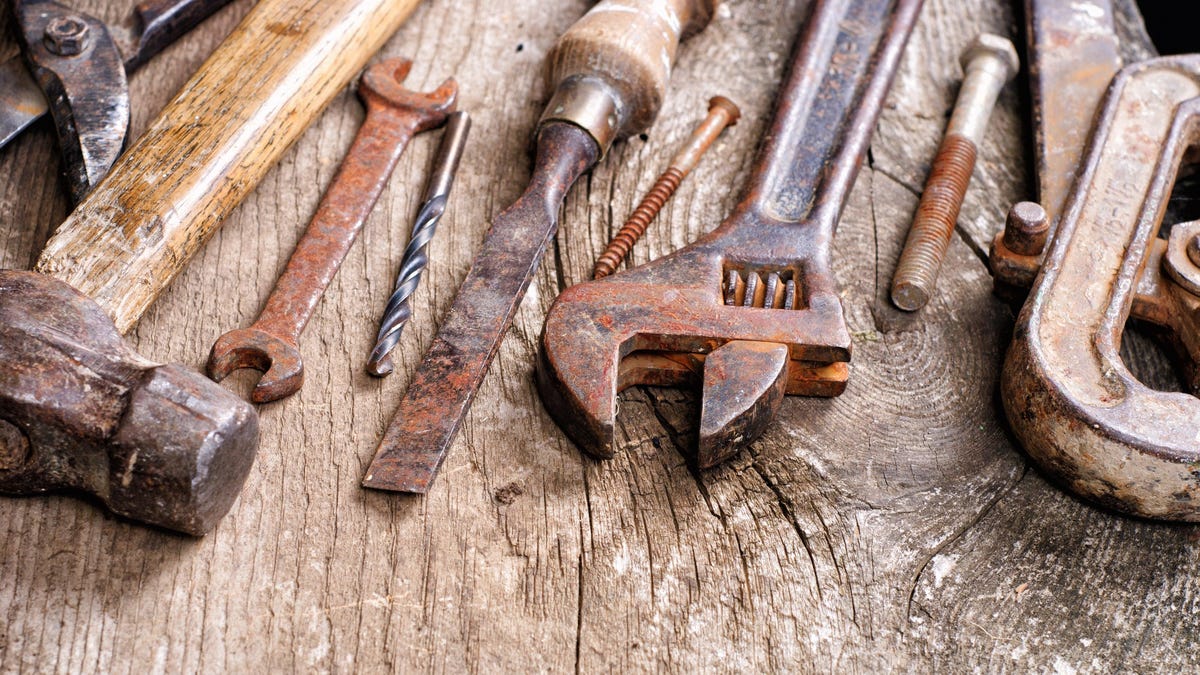
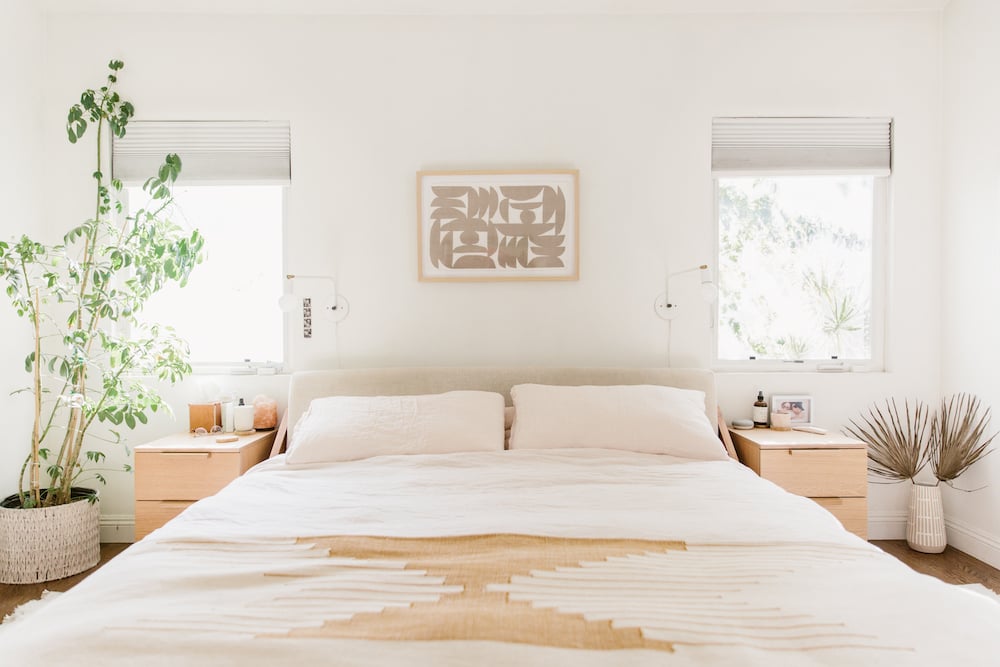

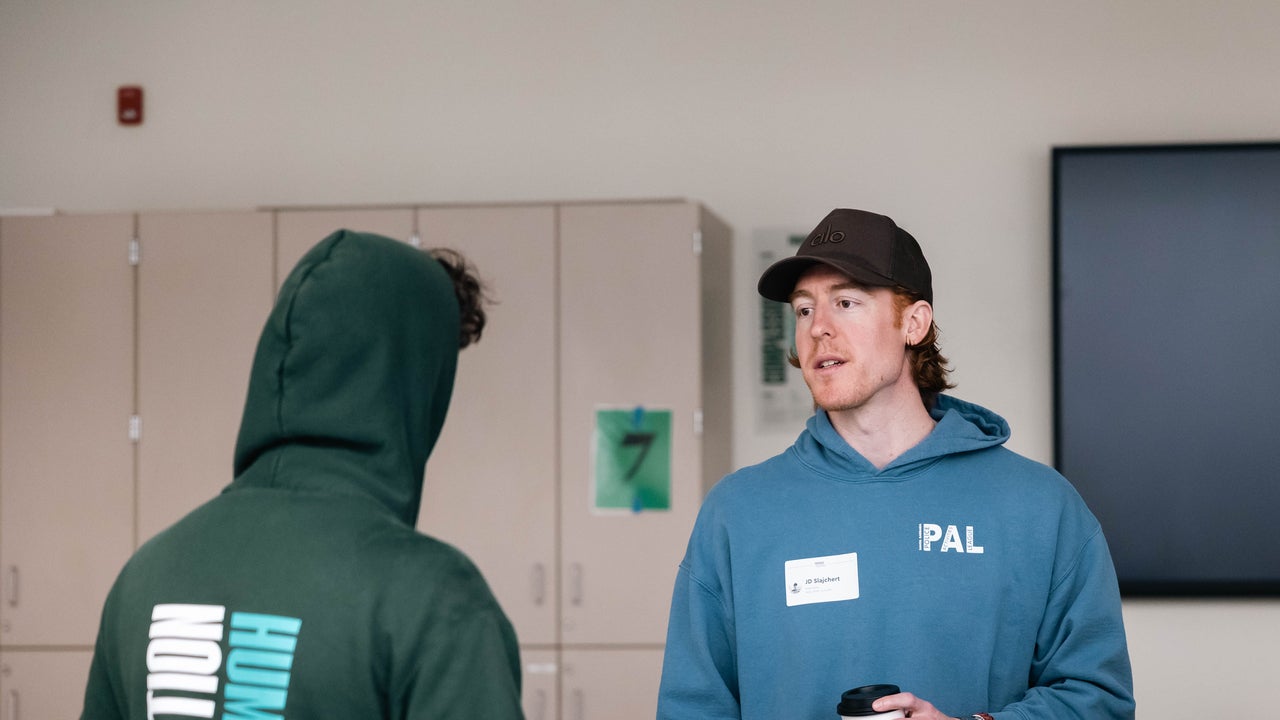









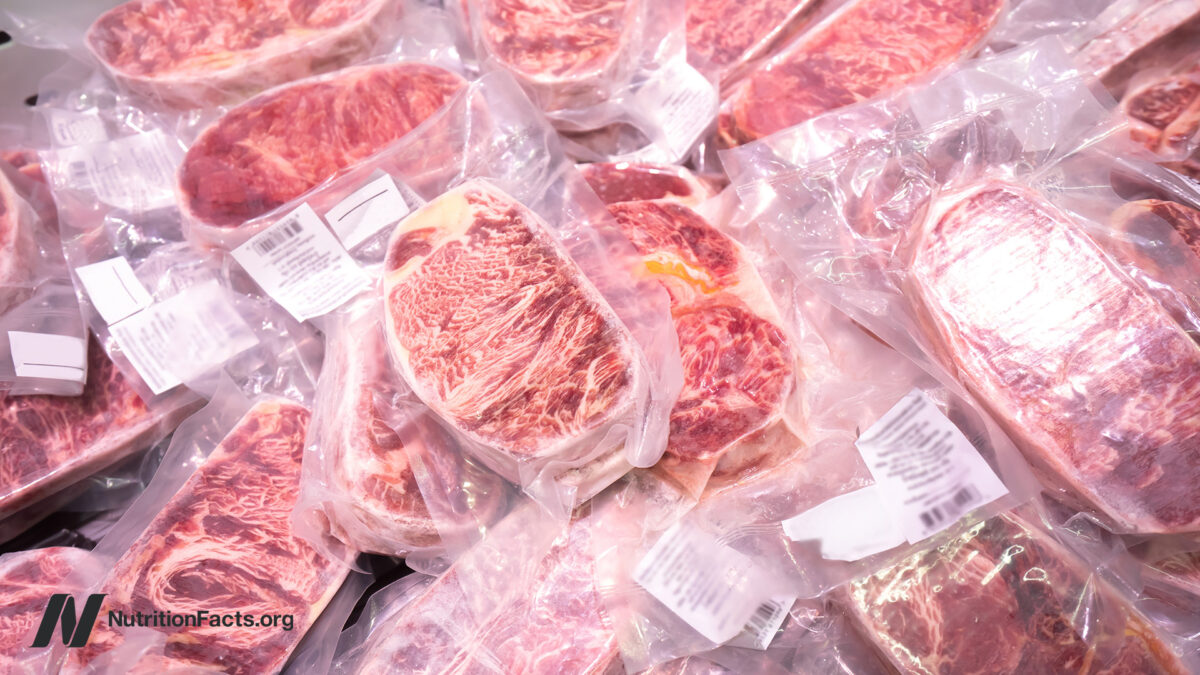

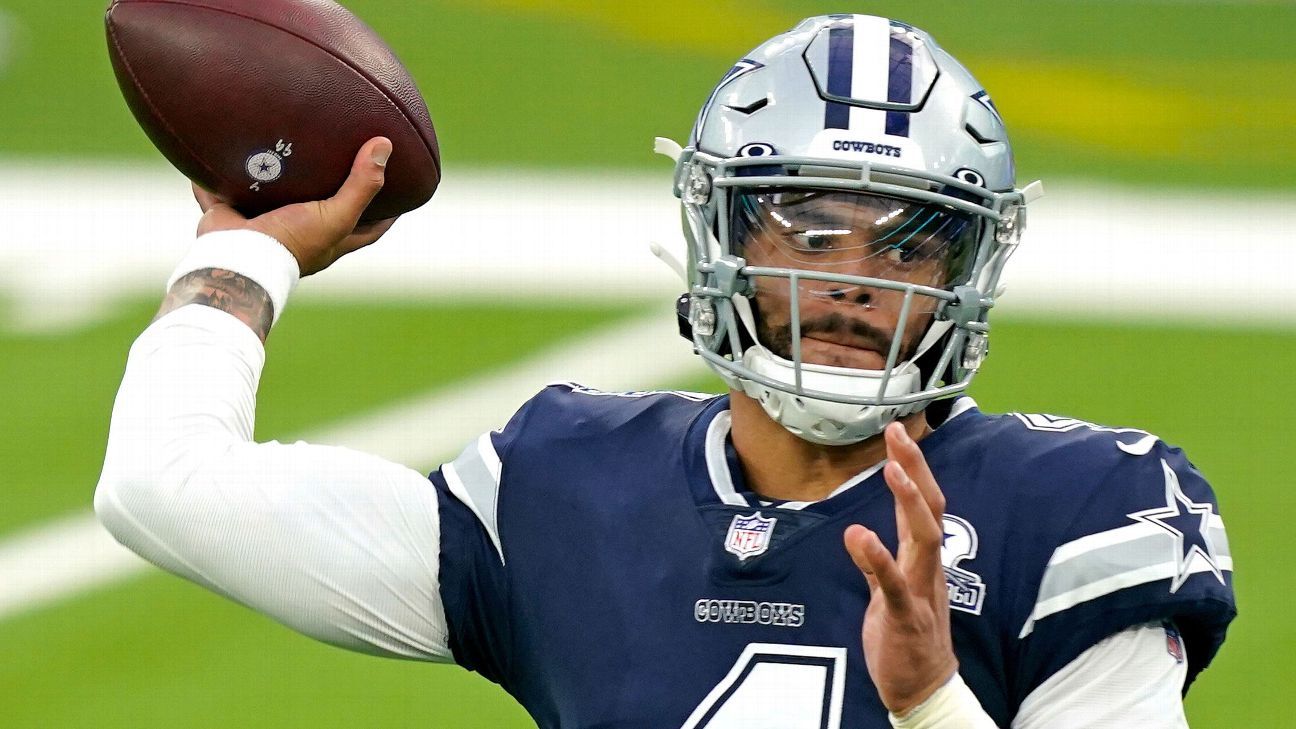
.jpg&h=630&w=1200&q=100&v=a905e78df5&c=1)


